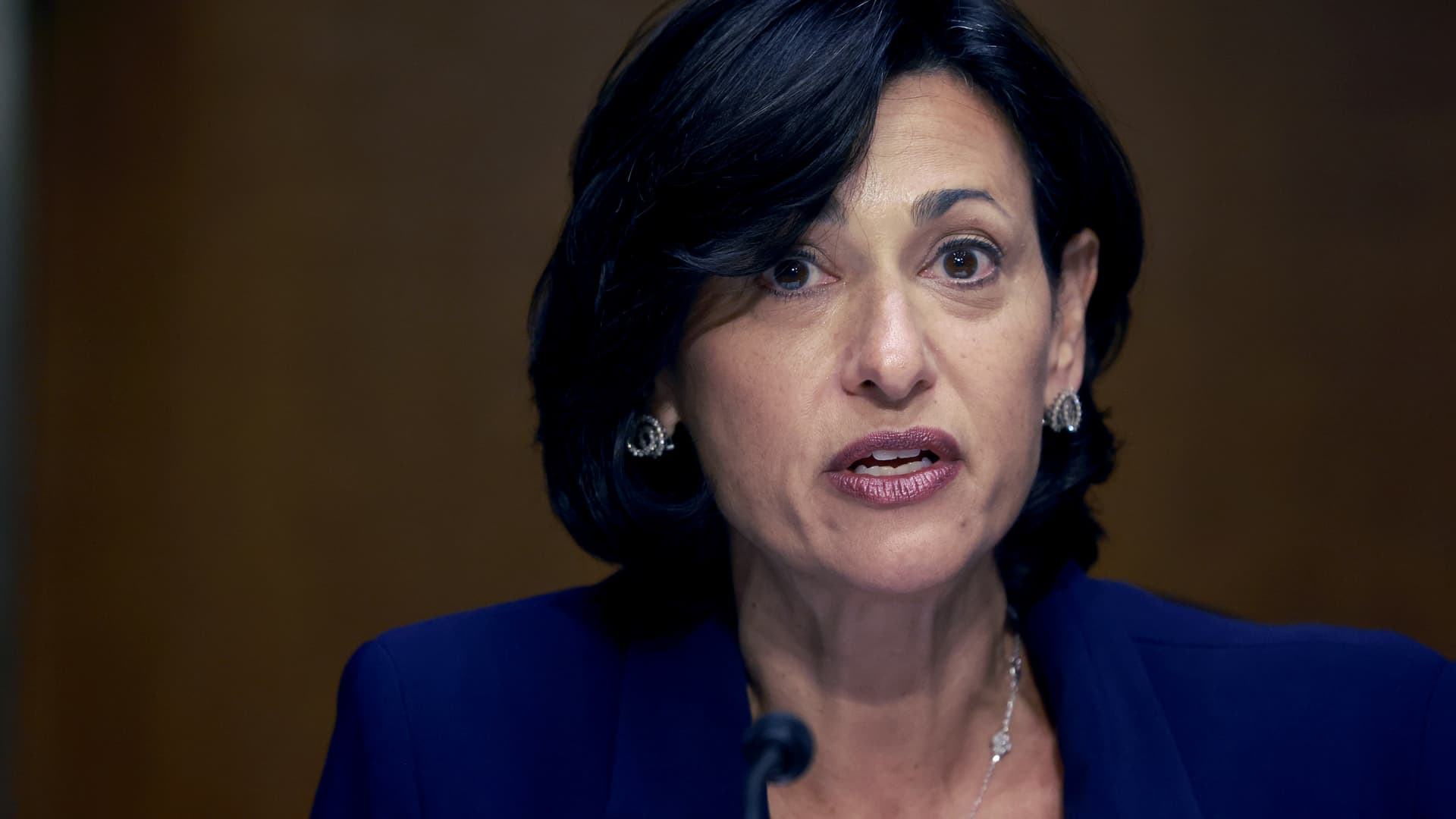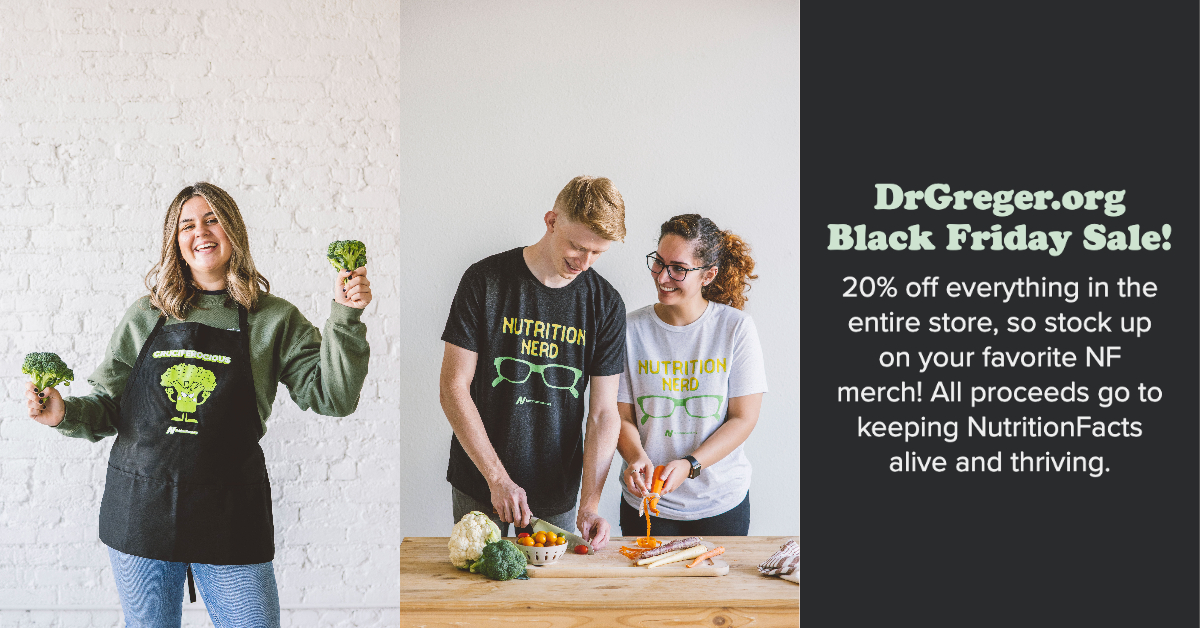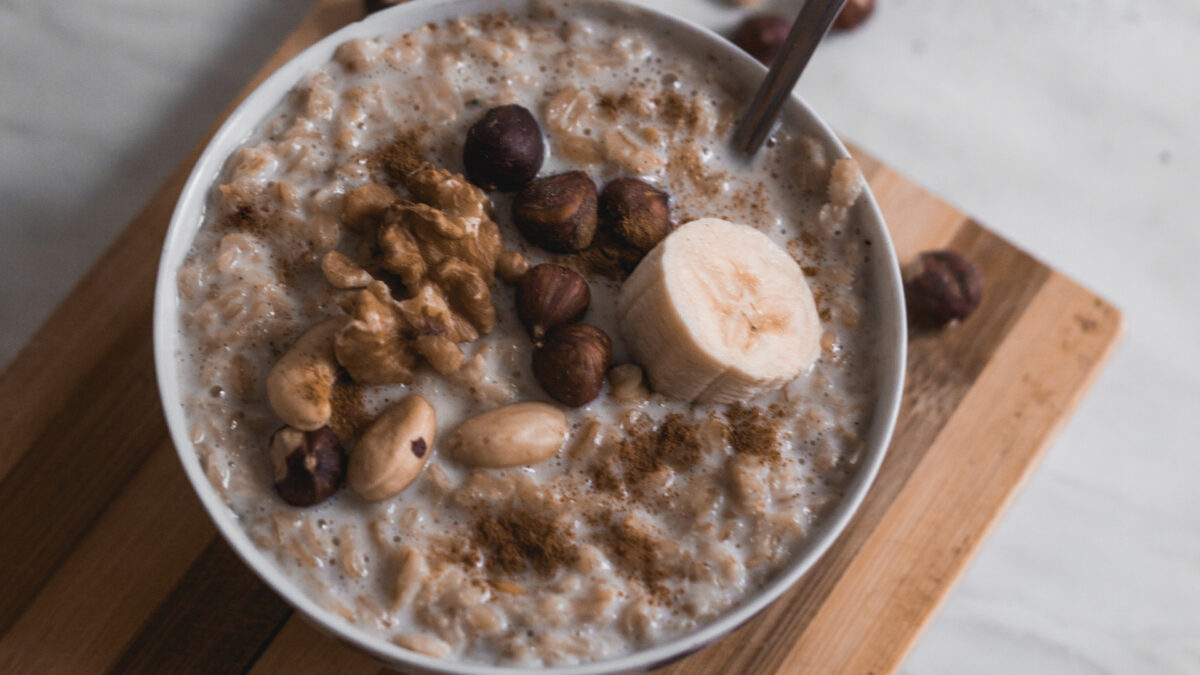Drug overdose deaths among seniors have more than tripled in two decades
"We've got a public health problem coming at our door, these trends have been increasing for a long time now," said Alexis Kuerbis, an substance abuse expert.

Holly Francis, a volunteer with Boston Medical Center helped to plant some of the 20,000 purple flags in the Common that commemorate Overdose Awareness Day and kick off Recovery Month. Each purple flag represents one life lost to overdose in Massachusetts over the past 10 years.
Jessica Rinaldi | Boston Globe | Getty Images
Deaths from drug and alcohol use are rising among America's seniors.
Drug overdose deaths more than tripled among people age 65 and older during the past two decades while deaths from alcohol abuse increased more than 18% from 2019 to 2020, according to data published Wednesday by the National Center for Health Statistics.
More than 800,000 seniors suffered from drug addiction and 2.7 million suffered from alcohol addiction in 2020, according to separate data from the Health and Human Services Department.
In total, more than 5,000 seniors died of drug overdoses in 2020 and more than 11,600 succumbed to alcohol, according to the NCHS data. Though drug overdose death rates are lower for seniors than other age groups, they have increased substantially from 2.4 per 100,000 in 2000 to 8.8 per 100,000 in 2020.
"We've got a public health problem coming at our door — these trends have been increasing for a long time now," said Alexis Kuerbis, a professor at the Silberman School of Social Work and an expert on substance use among older adults.
Seniors today are baby boomers, a generation that had a much more open attitude toward drugs and alcohol than their parents, Kuerbis said. Some baby boomers have carried alcohol and drug habits from their youth and middle age into their later years when their bodies are no longer able to tolerate them, she said.
"Baby boomers obviously are very different generation than the silent generation or the World War II generation," Kuerbis said. "Baby boomers were far more open to using alcohol and drugs during their younger years but also through their middle-aged years and now they are older adults," she said.
Deaths from fentanyl and other synthetic opioids increased 53% among seniors from 2019 to 2020, according to the data. Kuerbis said there's some evidence to suggest people who were prescribed opioids in their middle age for an injury later switched to fentanyl once it became harder to get a prescription.
If you are having suicidal thoughts or are in distress, contact the Suicide & Crisis Lifeline at 988 for support and assistance from a trained counselor.
While some drug deaths among seniors are from accidental misuse of drugs, many are suicides from overdosing on opioids, Kuerbis said. Although seniors tend to be happier than younger adults, they also have a higher prevalence of chronic pain, terminal illness and dementia, she said.
Some older adults also use drugs or alcohol to cope with major life changes such as retirement, grief and loss, or a change in their living situation, according to the National Institute of Drug Abuse.
Drug overdose deaths were highest among Black seniors. The death rate from drugs among Black men ages 65 to 74 was more than four times higher than Hispanic or white men in that age group, according to the data. Black women ages 65 to 74 died more often from drug overdoses than white and Hispanic women. White women older than 75 had a higher death rate from drugs than Black and Hispanic women.
Alcohol deaths were highest among American Indian seniors followed by Hispanics, white Americans, Black Americans and Asian Americans, according to the data.

 KickT
KickT 
































